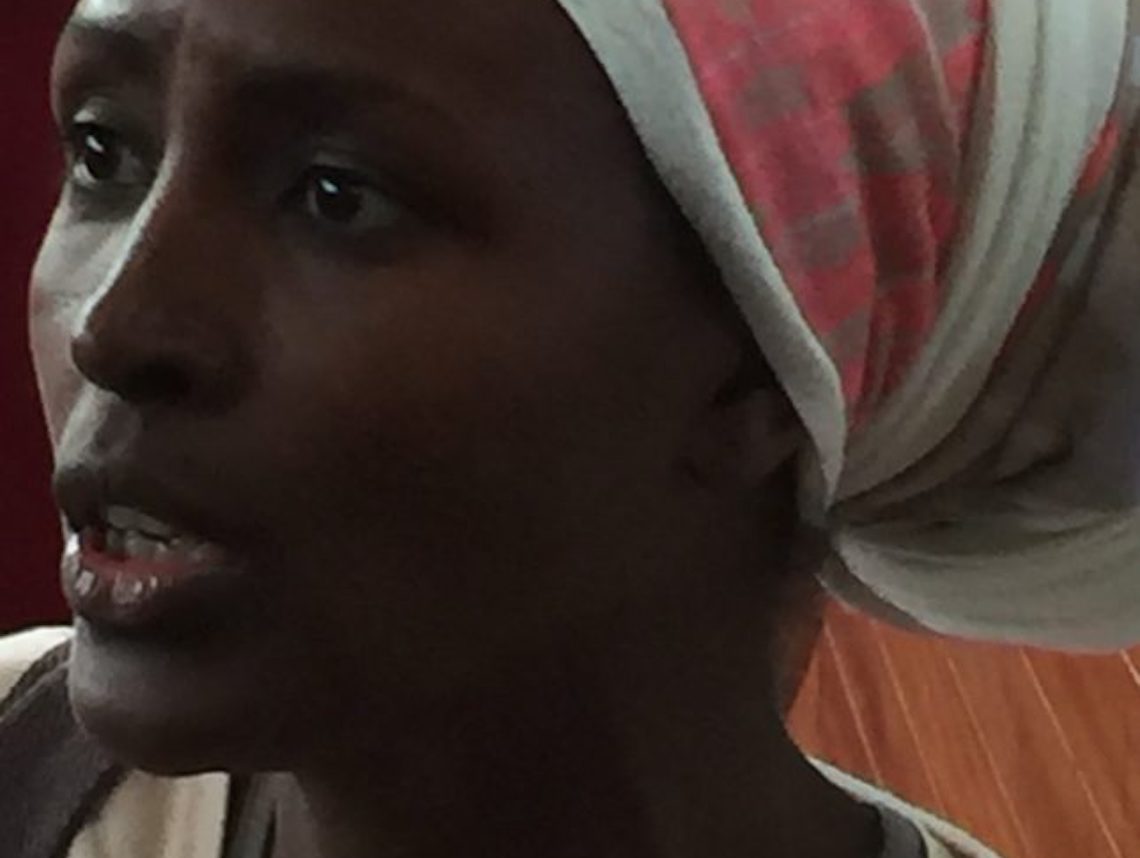
After high school, Batya served in Israel’s Navy with an elite naval commando unit. When she completed her military service and before entering the university, she traveled to New York but felt overwhelmed by the city, and then west to Los Angeles (a bit less intense) where she lived for a year in the Pico-Robertson neighborhood populated by thousands of Jews. She worked at the Israeli Haifa Restaurant, made friends, and attended an orthodox shul.
Being far from her family and friends Batya yearned to return home. However, her grandfather, whom she loved so dearly had died, and she regrets to this day that she didn’t reconcile with him and thank him for the Ethiopian Jewish traditions that he sought to sustain in her family.
Batya discovered much about herself during her formative years. Especially, she learned what it means to be Israeli with Ethiopian Jewish ancestry and roots. She learned that everyone is accountable, that playing the victim to outside forces that sought to keep her down is self-destructive, that she could create her own life anew. She learned as well the importance of placing value in her ethnic and religious tradition yet at the same time to participate fully in the general Israeli culture. As a young person growing up in Ethiopia and Israel, she learned how important it is to clarify her goals, to learn as much she could, and to work hard to fulfill her dreams.
Upon Batya’s return to Israel, she entered the University of Haifa, received her Bachelor’s Degree studying teaching and the history of the Jewish People. She married, became the mother of three children, and now serves as Resource Development and Community Relations Manager for Yemin Orde Youth Village in the Carmel region of Israel where she is responsible for finding established Israelis who are willing to give their time, experience and capital to help the students and graduates of Yemin Orde Youth Village succeed in Israeli society.
Batya is a bright, wise, thoughtful, practical, kind, and loving woman. She is one of several hundred full-time teachers and staff at Yemin Orde and is a compelling role model for the 435 teenagers who live there.
The students come on their own from Ethiopia, the former Soviet Union (Russian, Ukraine, etc.), Poland, Turkey, Zimbabwe, France, Argentina, Brazil, and other countries. There is also native Israeli youth who come to the village from broken and dysfunctional homes and from tough crime-ridden Israeli neighborhoods. For all of them (boys and girls ages 14-18) Yemin Orde is their home, the only safe and nurturing home they have in Israel. Even after graduation, they return and stay close to their teachers and mentors to whom they owe so much.
Batya told us that Yemin Orde helps students to become honest, responsible, and accountable for what they do and don’t do, to take appropriate risks and accept their limitations, to cope with failure, to handle themselves with dignity when they feel that their teachers, future commanders, and bosses don’t like them, to seek help when they need it from teachers and counselors, to refuse to think and act as victims, to look forwards and not backwards, and to pursue their interests with passion, perseverance and commitment.
The educational philosophy executed by talented Yemin Orde staff such as Batya actually saves lives.
Over the course of the 64 years of its existence, Yemin Orde’s graduates have served in elite units of the army, become leaders in Israel’s hi-tech industry, in the law, medicine, science, education, and business. Some have risen as political leaders and become mayors of towns and cities, and even as Members of the Knesset.
In her own life, as a teacher, counselor, and staff at Yemin Orde, Batya Shmueli is among the brightest lights that my synagogue leadership group met in Israel.






















 More news and opinions than at a Shabbat dinner, right in your inbox.
More news and opinions than at a Shabbat dinner, right in your inbox.